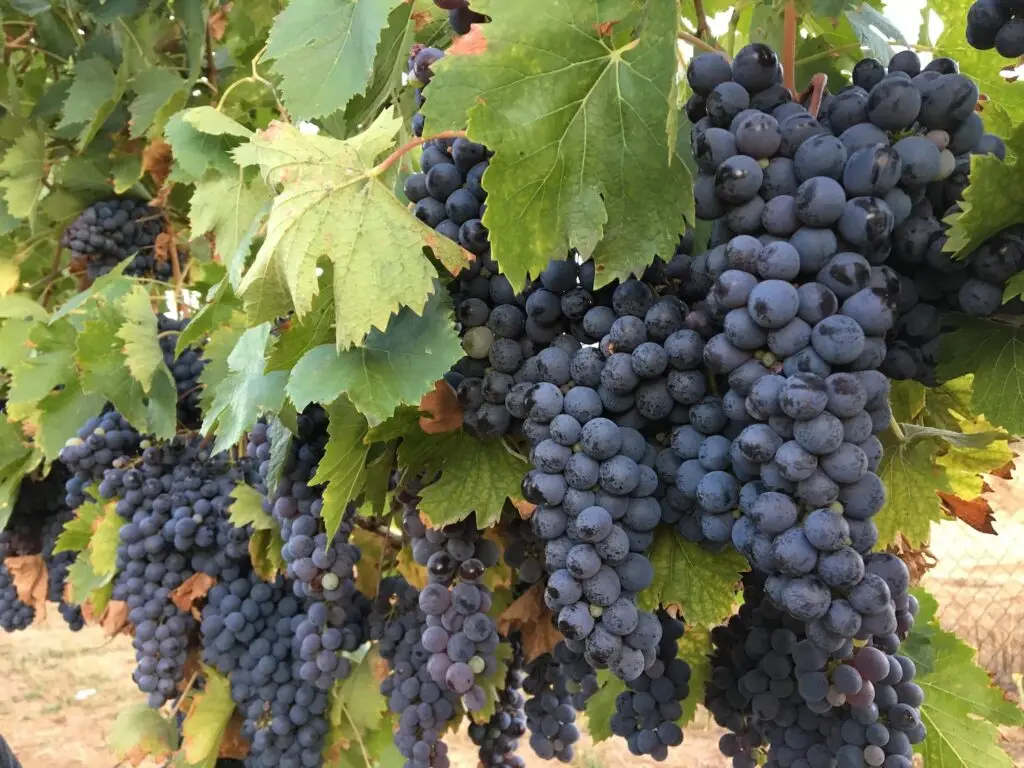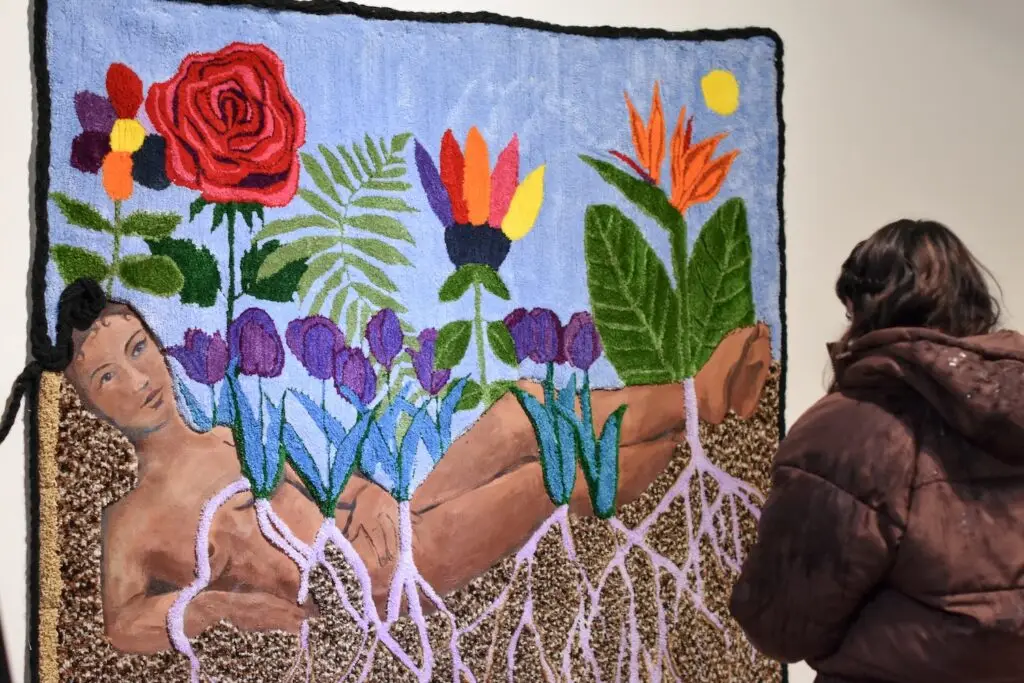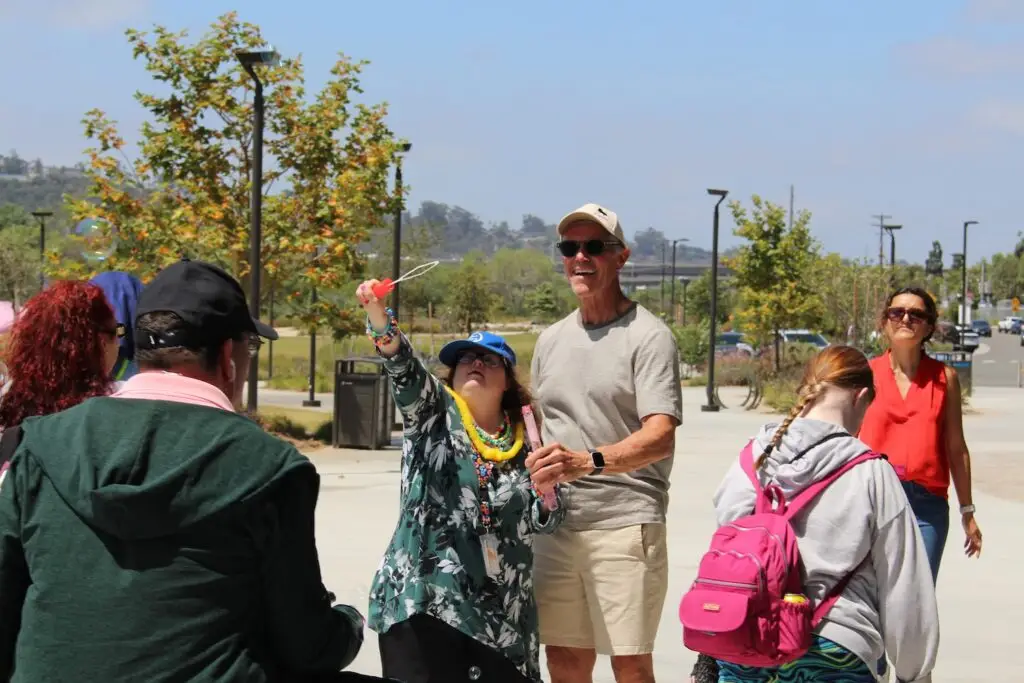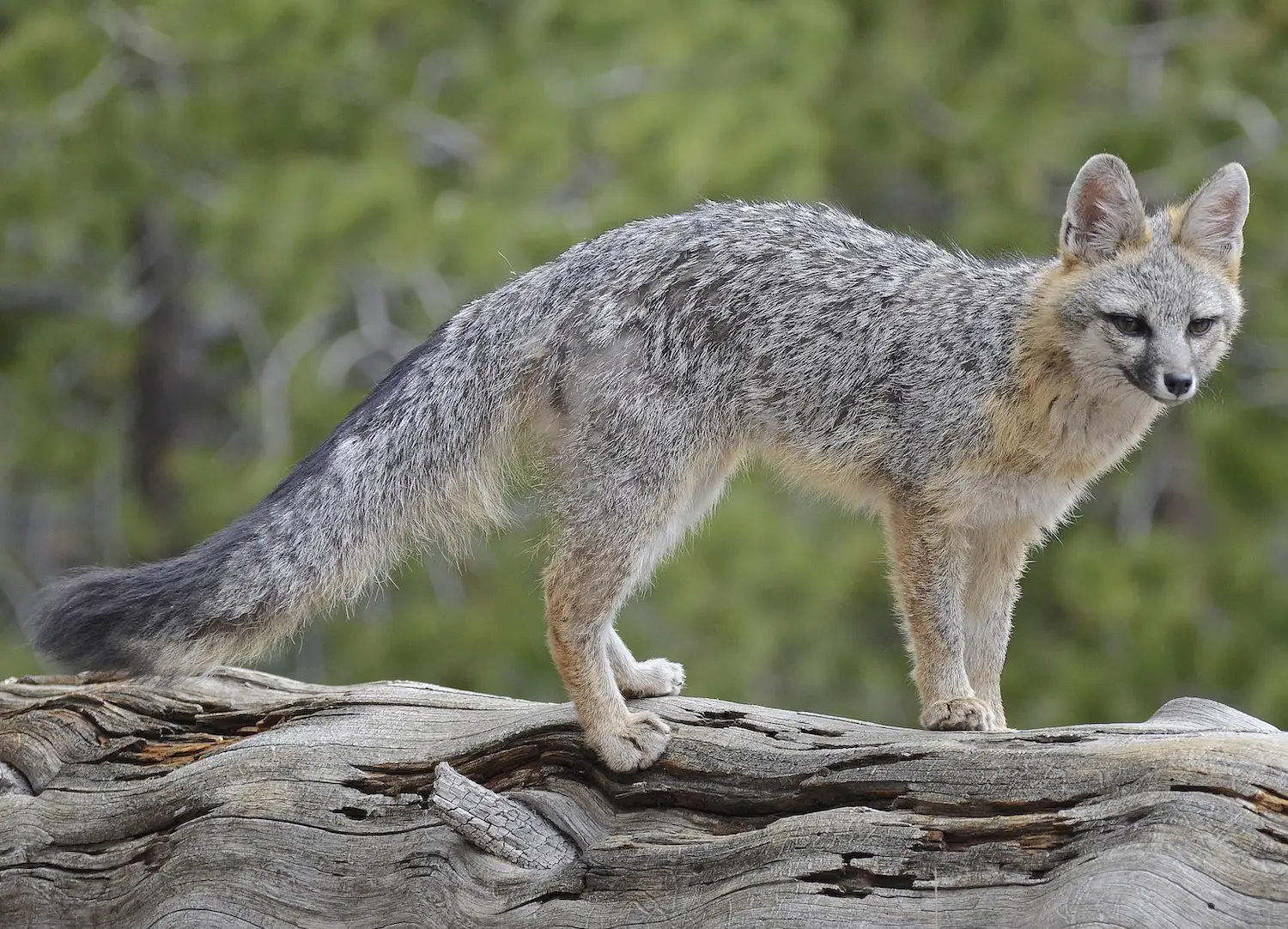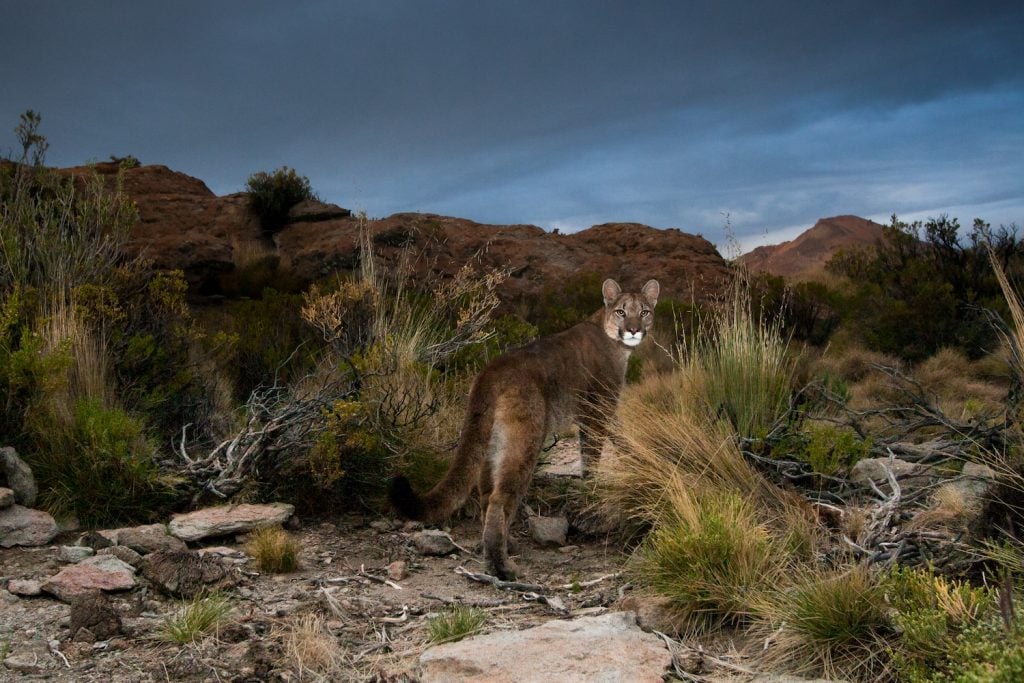I’ll always remember one of my first times trail running in San Diego. I had just moved to the city and headed out to Los Penasquitos Canyon to run on the shady dirt trails there. I had heard warnings about rattlesnakes, so I had my guard up as I ran. Suddenly, a crashing sound came from the surrounding bushes and I jumped nearly three feet in the air—only to see that it wasn’t a rattlesnake. It was a deer. I watched as the deer pranced through the woods before continuing my run.
That was my first encounter with San Diego wildlife, and now I know there are many different types of wild animals to see on local trails. Here are a few of them.
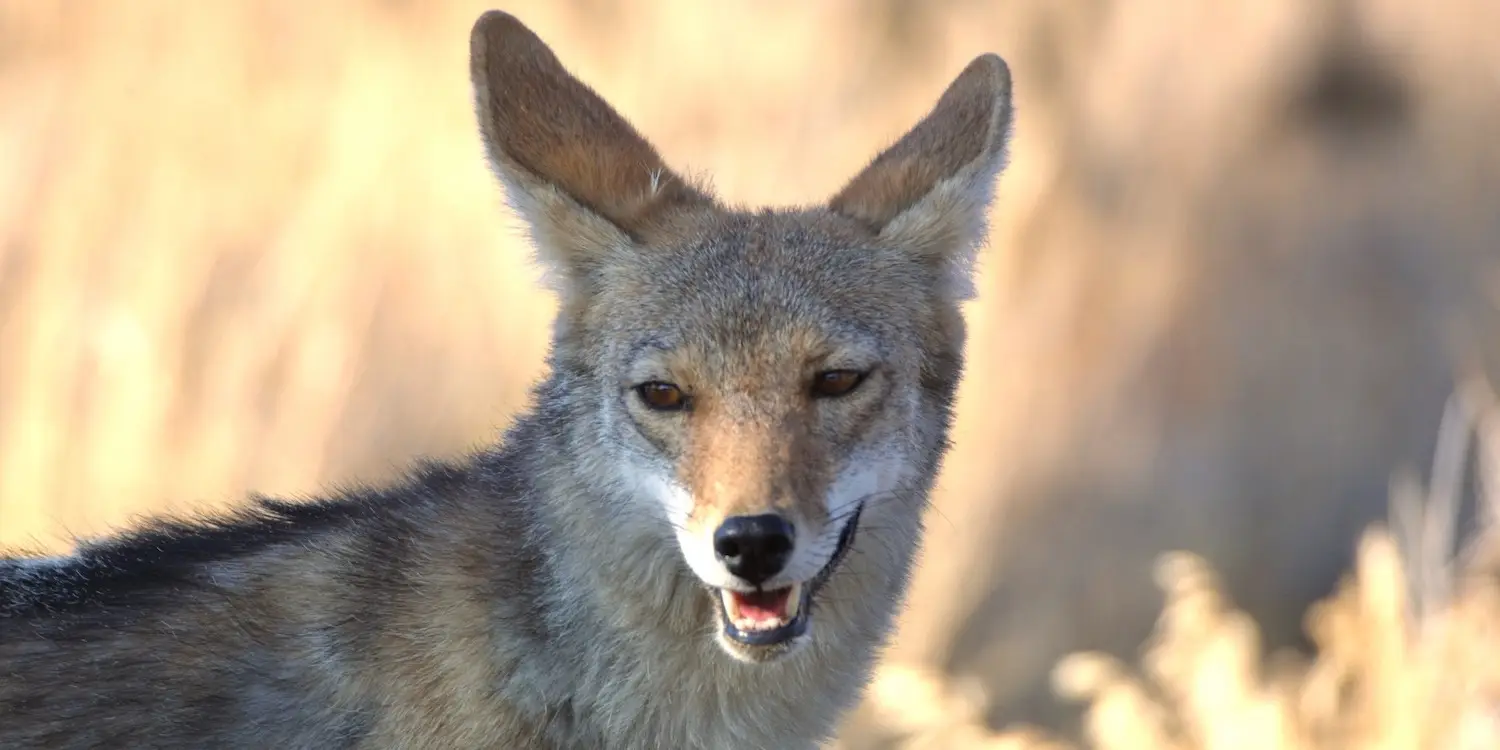
Coyotes
Chances are, if you’re an avid hiker in San Diego, you may have come across a coyote along some of your favorite trails, especially in Mission Trails Regional Park. These canids are part of the dog family and can often be seen trotting solo at dawn or dusk in parks, in canyons, and even on neighborhood streets. While it’s difficult to pinpoint the exact number of packs living among us, in urban areas like Vista, Carlsbad, and San Marcos, coyote densities can be higher, sometimes around 12 per square mile versus four in more wild areas. But don’t worry, wherever you spot them, coyotes tend to avoid humans—just don’t try to feed them. They’re curious creatures.
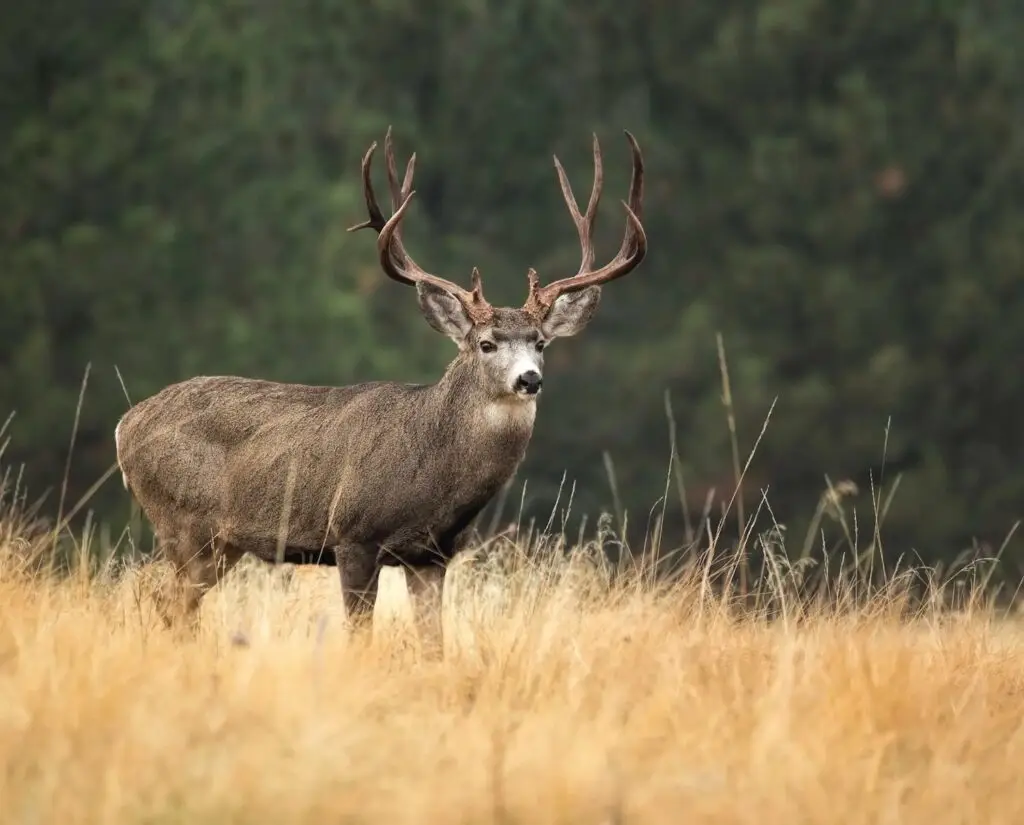
Mule Deer
Around San Diego, deer can be spotted in places like Mission Trails and Cuyamaca Rancho State Park and on canyon hikes in the Navajo neighborhood. If you’re hiking in the early morning or late evening, you’ll likely find them hanging out near water sources and grazing around creek edges. Mule deer are amazing jumpers, some even leaping around two feet high and 15 feet in distance. They also have a sense of smell 1,000 times stronger than people, so they’ll likely know you’re coming even before you spot them.
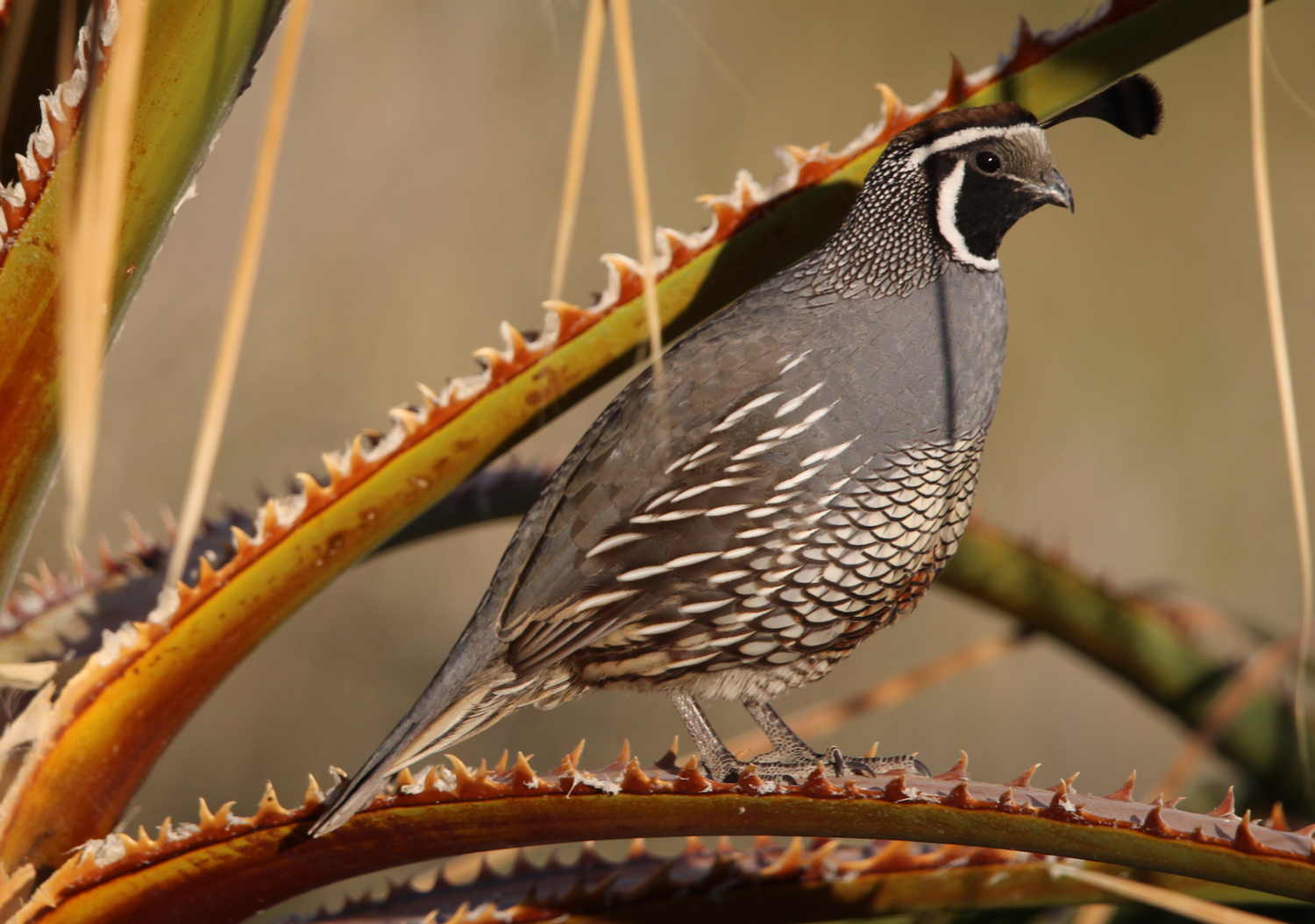
California Quail
These small birds—measuring 9 to 11 inches and weighing between 5 to 7 ounces—are fast movers and easy to miss. But if you spot one, you’ll know, because they have very distinctive topknots that look like commas hanging over their faces. In fact, these stylish buns are actually made not from a single feather, but six overlapping feathers. Look for them at Cabrillo National Monument, chilling on the ground or dashing across trails on foot, or listen for their “chi-ca-go!” call and watch trail edges or low shrubs for movement while hiking. Stay still to observe families of quails, called coveys, passing by.
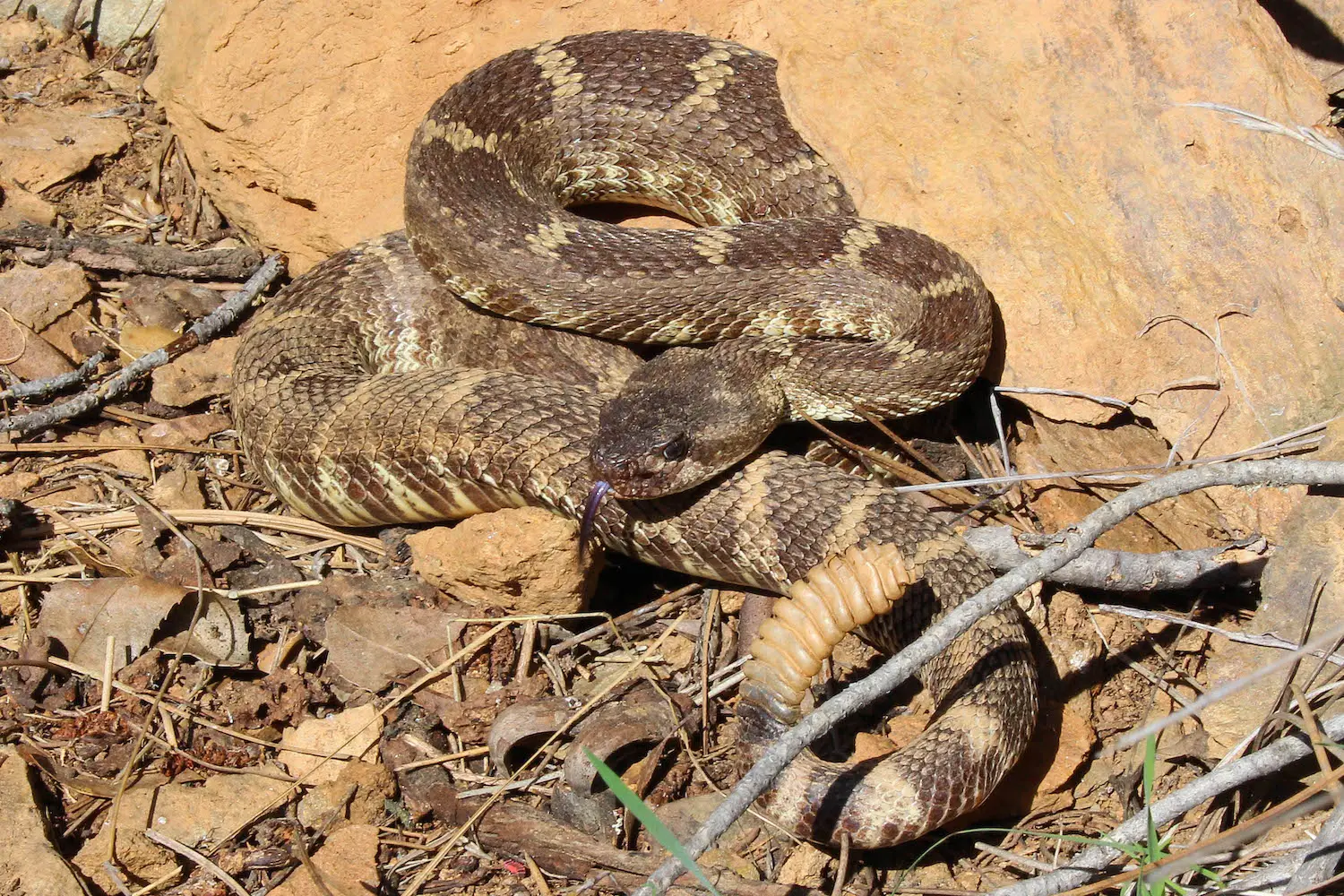
Western Rattlesnake
Even though they usually want nothing to do with you, it’s important to be on the lookout for rattlesnakes on the trails and give them space. They may not always rattle, so keep your eyes open. Some researchers suggest that their lack of noise is due to people killing rattlesnakes when they find them—it’s believed that the snakes are evolving to not rattle. Around San Diego, they can often be spotted anywhere it’s hot and dry and have been seen in the local canyons around the Allied Gardens neighborhood and Torrey Pines State Natural Reserve.
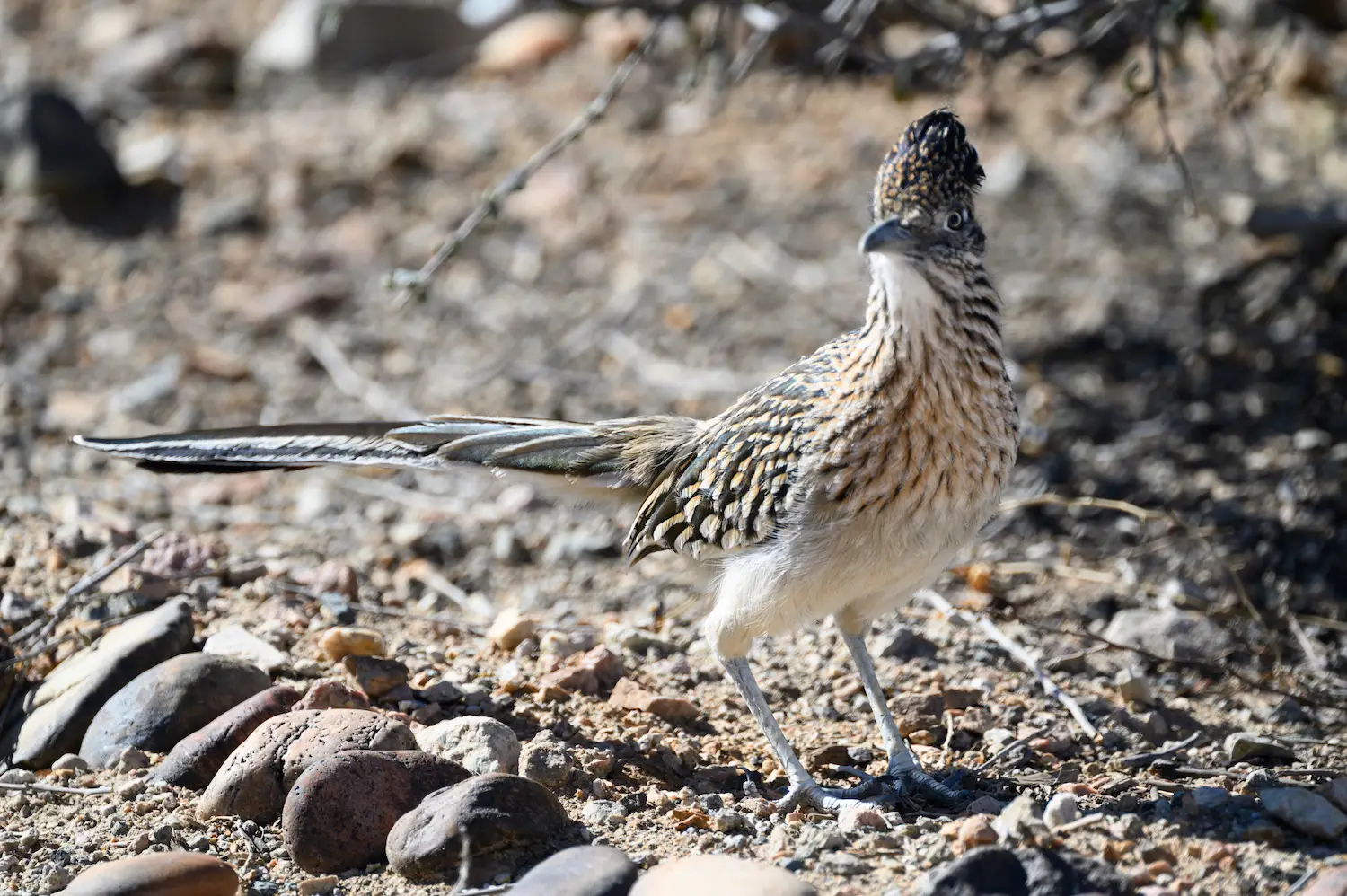
Roadrunners
In the early mornings, locals can often spot roadrunners scavenging around hummingbird feeders or between shrubs in desert and chaparral terrain. And, as their name suggests, these birds are fast. They can sometimes run up to 20 mph—though they don’t make a “beep beep” sound as they pass by. It’s more of a “coo.” If you’re looking to spot them, residents have seen them in places like Mission Trails Regional Park, Anza-Borrego Desert State Park, and Lake Hodges.
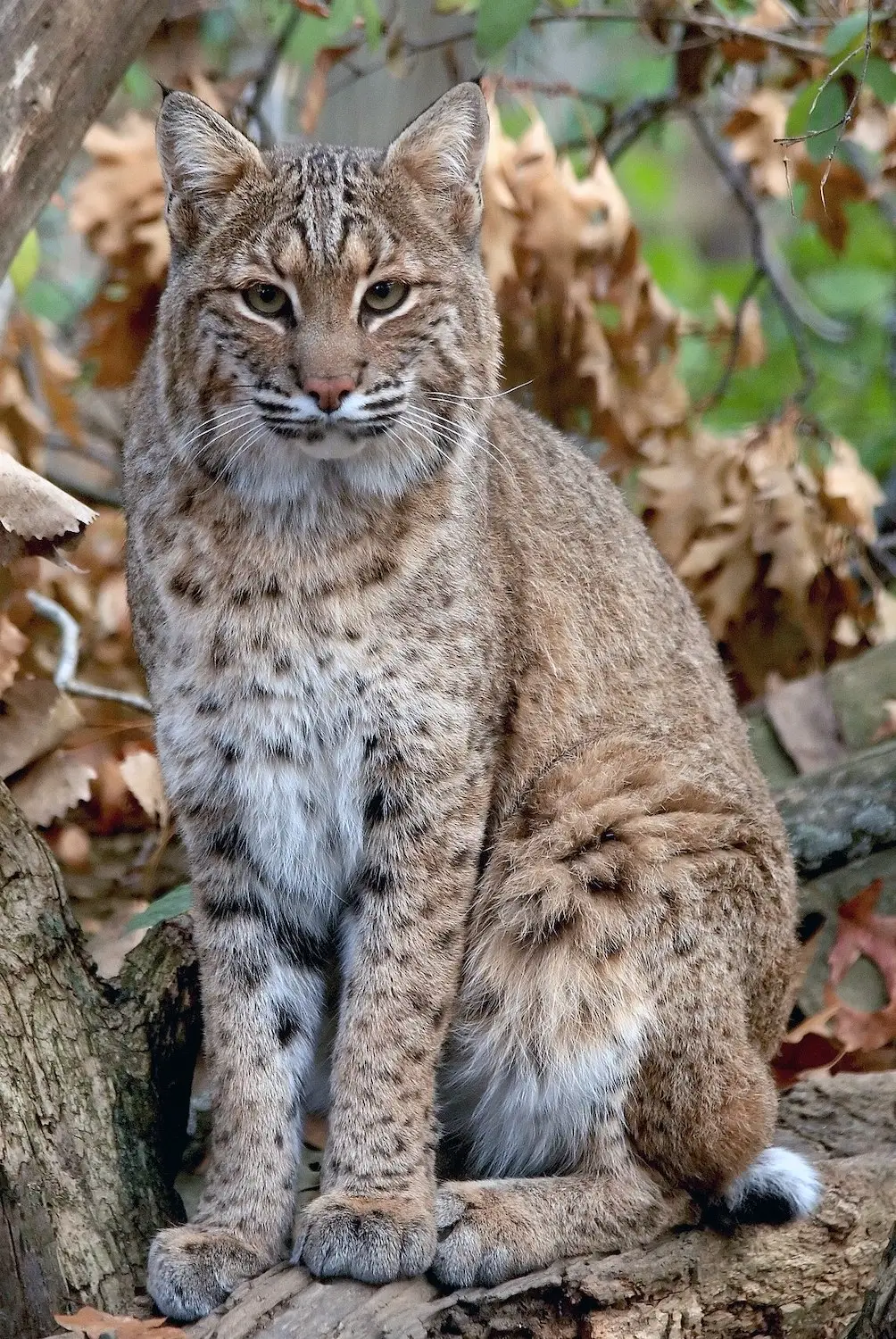
Bobcats
While bobcats are rare in San Diego, they can sometimes be spotted in more remote parks and parts of the county such as Penasquitos Canyon Reserve, Scripps Ranch, and Serra Mesa. Most active at dawn and dusk, bobcats are excellent climbers and swimmers and often travel 3 to 7 miles at night to hunt and patrol. The cats are stealthy though, so if you do see one, count yourself lucky and keep your distance.
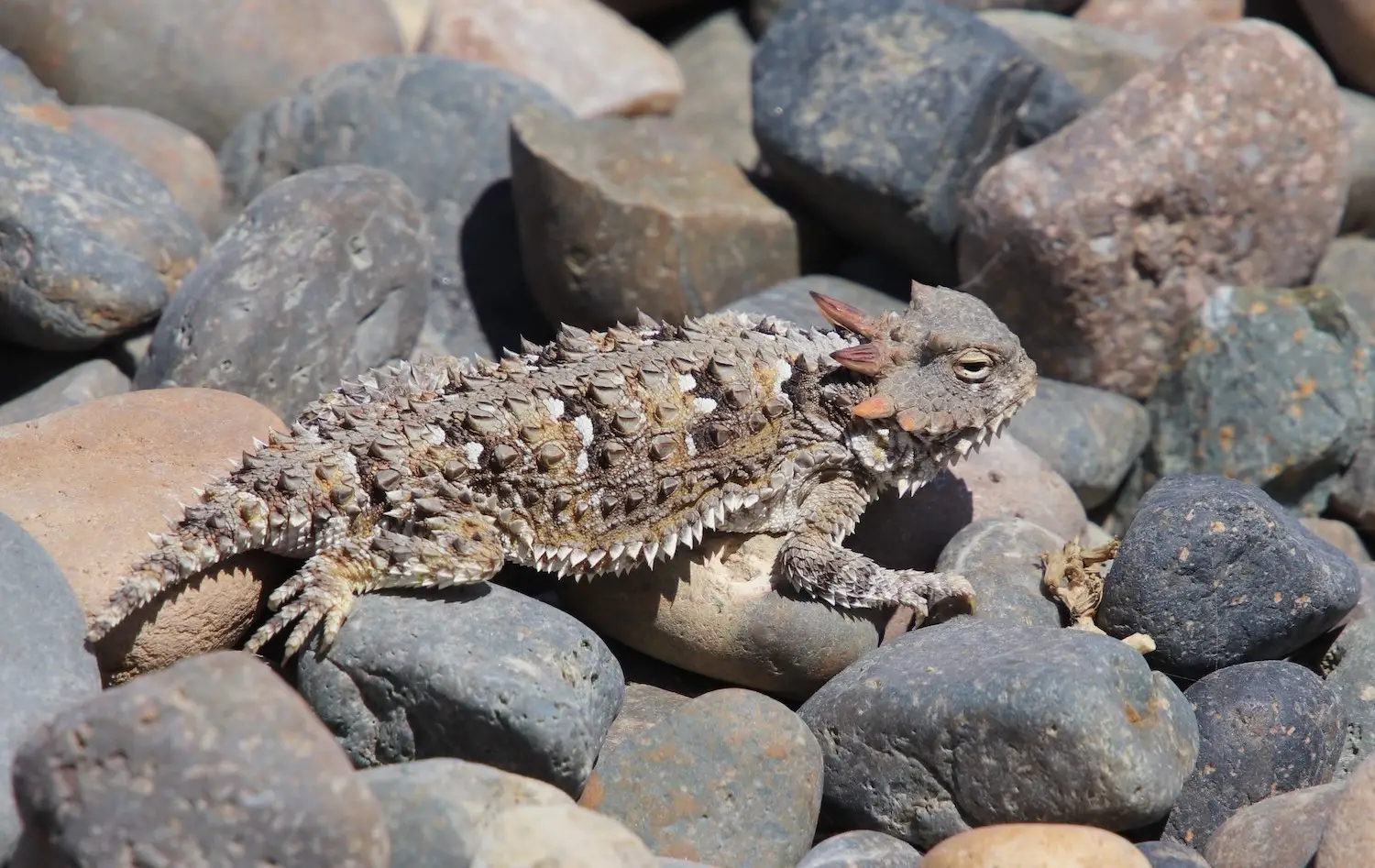
Horned Lizards
Found in dry, sandy areas, horned lizards look like teeny tiny dinosaurs and are tricky to spot because they are so good at camouflaging. If you move slowly and look carefully along rocky or dusty paths, you may have a chance of catching a glimpse of them. Torrey Pines or the aptly-named Horned Lizard Bypass in El Cajon are your best bet at seeing one in the wild.
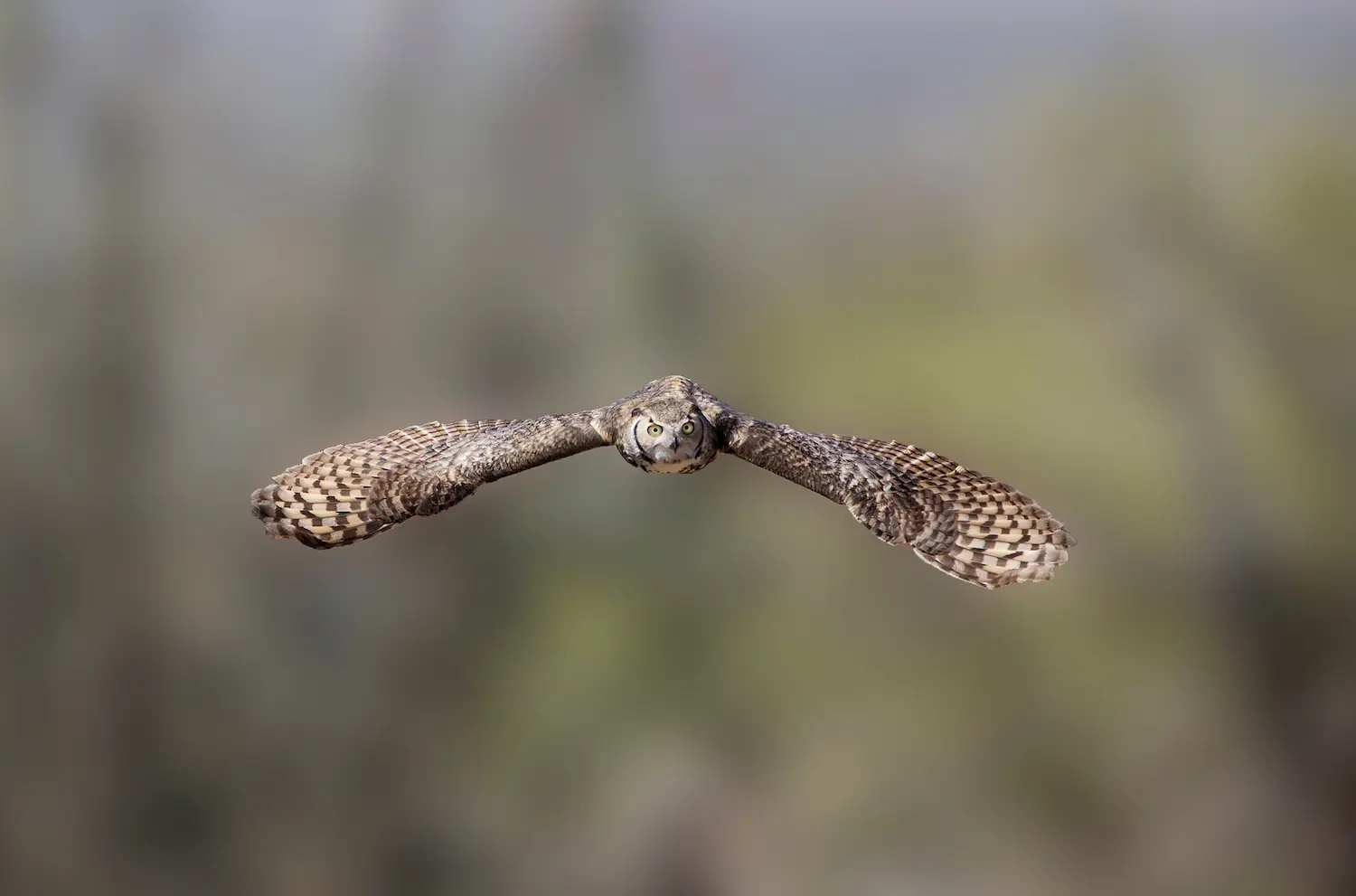
Great Horned Owls
Great horned owls are usually more often heard than seen, but even the sound of them is very cool. They are one of the largest owls in the country—their wingspans can reach almost five feet—and can turn their heads almost 270 degrees. In San Diego, they can be seen in Los Penasquitos Canyon and Tecolote Canyon Natural Park. To spot them, check sycamore or eucalyptus trees; they like to perch in them and can sometimes be glimpsed roosting in shady branches during the day.
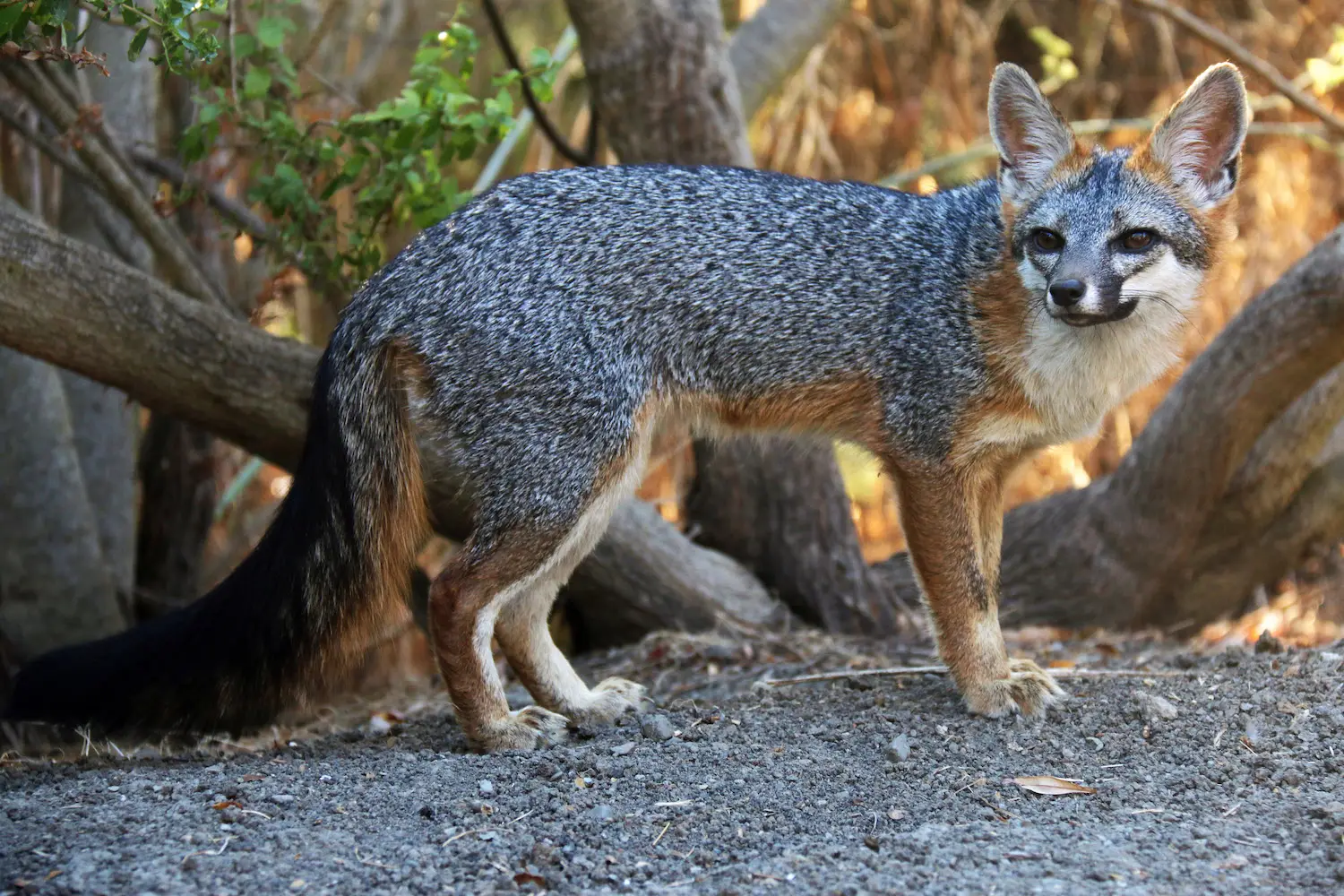
Gray Foxes
Torrey Pines State Natural Reserve, Rancho Jamul Ecological Reserve, and Cuyamaca Mountains have all reported gray fox sightings. These foxes are smaller and harder to spot than coyotes, so count yourself lucky if you’ve seen one. They are most active at night and are hard to catch in action, but keep your eyes peeled around dense chaparral, including downed trees, boulders, and bushes that provide cover.
PARTNER CONTENT


